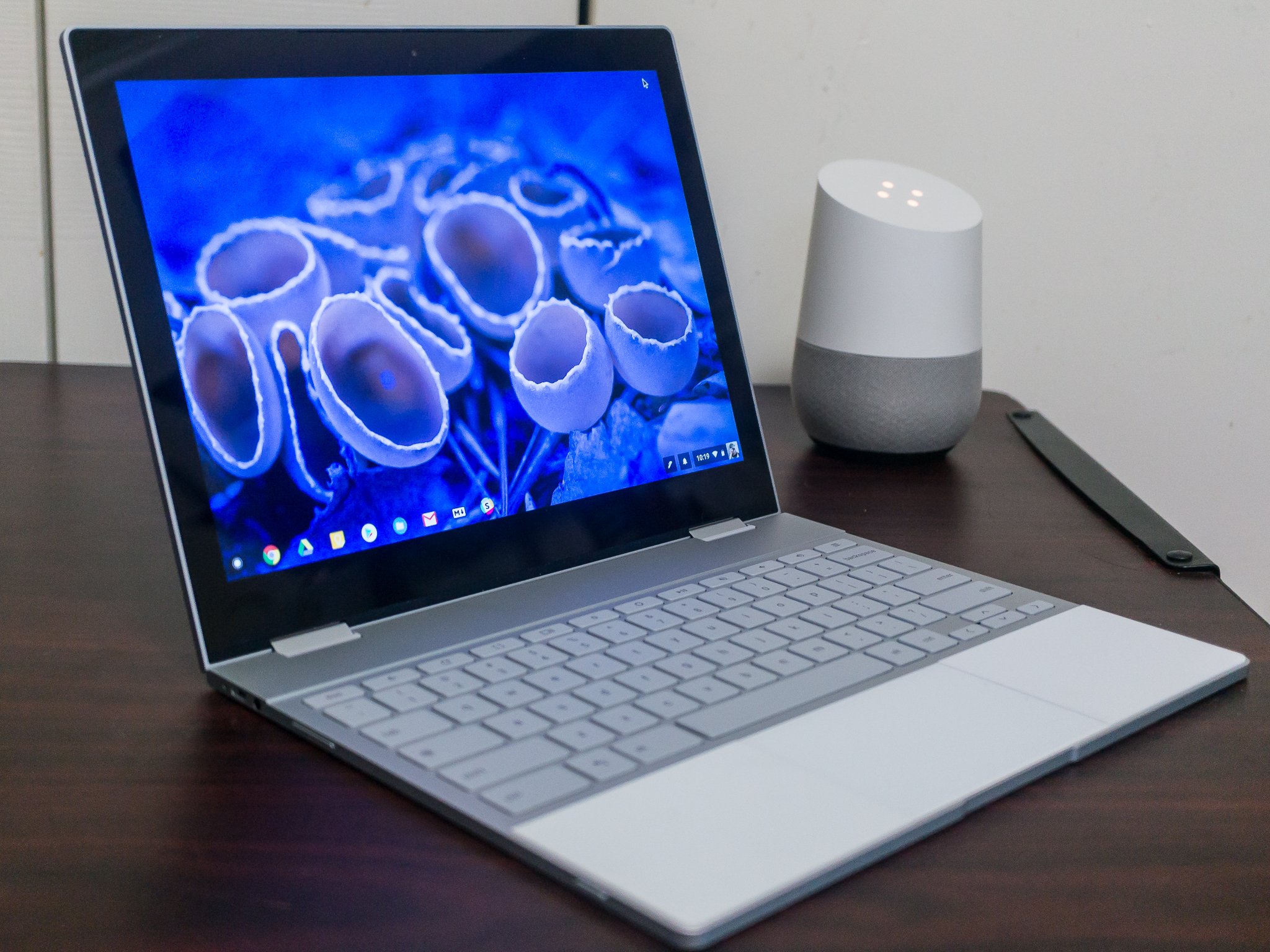The Pixelbook is now a test device for Google's Fuchsia OS

Back in 2016, it was discovered that Google was working on a brand new operating system by the name of "Fuchsia." Knowing that Google has a new OS in the works is admittedly quite exciting, but just like it was in 2016, it's still unclear what exactly Google plans on doing with it.
There haven't been many developments on this front lately, but seemingly out of nowhere, Google has added the Pixelbook as an officially supported device for testing Fuchsia. The other two "target" devices that the Pixelbook is joining includes the Acer Switch Alpha 12 (a convertible Windows PC) and the Intel NUC (a mini PC), and while this doesn't mean much for most of our readers, there are now instructions for installing Fuchsia on your Pixelbook if you want to test the OS in its very early stages.
One of the most distinct characteristics of Fuchsia is that it's based on the Zircon kernel rather than Linux like Android and Chrome OS. We know that a big part of Fuchsia's future will lie with internet-of-things devices, but seeing as how it's being tested on the Pixelbook and other Windows machines, it appears that desktops/laptops might one day launch with it as well.
We aren't expecting any sort of announcement of Fuchsia from Google anytime soon, but the addition of the Pixelbook as a test device does show that the company is still actively working on it and that it hasn't faded away just yet.
Based on what we know about Fuchsia so far, how would you like to see the OS used in the future?
Google's 'Andromeda' looks to be hiding in plain sight
Be an expert in 5 minutes
Get the latest news from Android Central, your trusted companion in the world of Android
Joe Maring was a Senior Editor for Android Central between 2017 and 2021. You can reach him on Twitter at @JoeMaring1.

